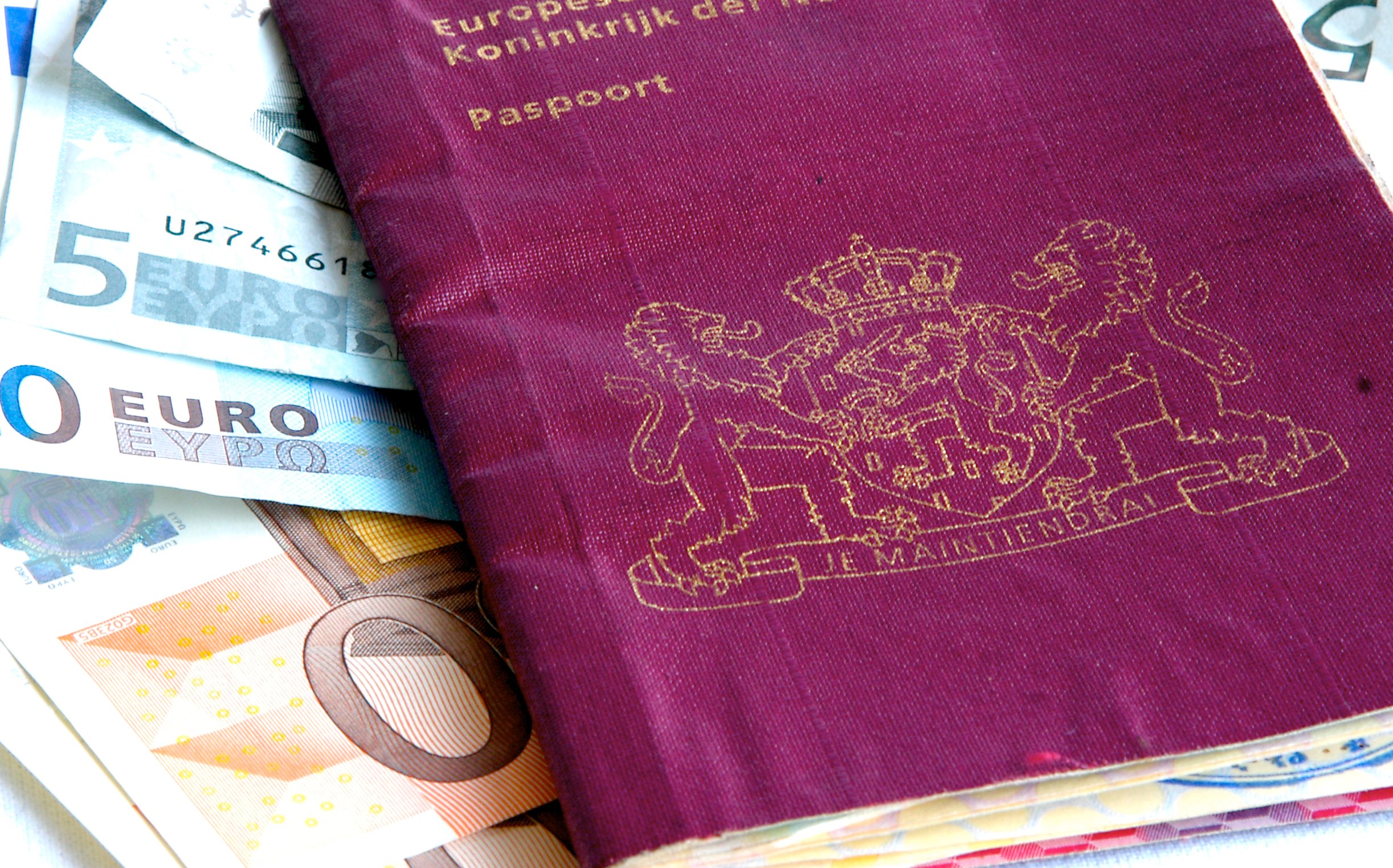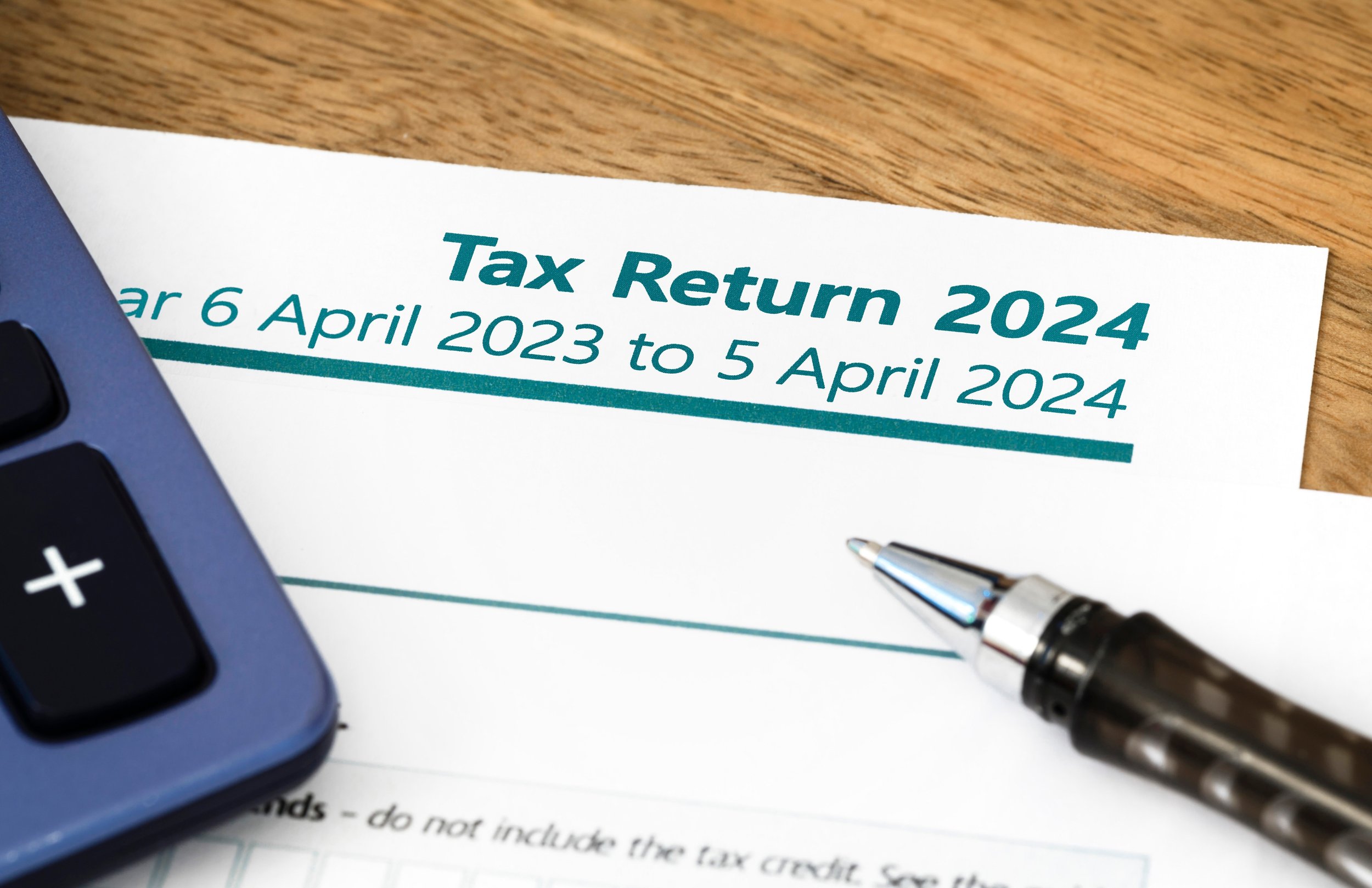
All about the M-form and free quickscan from Exterus
Need help with your Dutch M-form? Discover how Exterus simplifies your tax return with expert guidance and a free quickscan. Get clarity and save time today!
The Dutch tax system is structured to accommodate both residents and non-residents. The system is managed by the Dutch Tax Authorities, which oversees various tax categories including income tax, value-added tax (VAT), and corporate tax.
For expats and individuals involved in cross-border employment, understanding the nuances of Dutch tax regulations is crucial. This guide aims to provide a comprehensive overview, making it easier for you to navigate your tax obligations in the Netherlands.
The Dutch income tax system is categorized into three main 'boxes':
Box 1: Covers income from work and owned housing. This includes employment income, self-employment income, pensions, and deductions such as the mortgage interest deduction. The tax rates for 2024 are 36.97% for income up to €38,098, 36.97% for income between €38,098 and €75,518, and 49.50% for income above €75,518.
Box 2: Includes income from substantial interest, defined as holding more than 5% of the issued share capital in a limited company.
Box 3: Deals with income from savings and investments. This box applies a flat tax rate of 36% on fictitious income from net assets, with a tax-free threshold of €57,000 per taxpayer (or €114,004 for those with a fiscal partner).
Note! It is possible that the fictitious income in Box 3 is higher than the actual return on assets. If this is the case, the Tax Authorities will offer the option to have the tax assessment reduced, using the ‘statement of actual return’ form, which will be available in the summer of 2025 at the earliest.

In the Netherlands we have an annual filing of your personal income tax return after tax year ends. The tax year runs from 1 January till 31 December.
Filing deadline is 1 May 2025. Please note that when filing after this date the Dutch tax authorities will calculate 6,5% of tax interest on payable assessments issued after 1 July 2025.
After filing, the tax authorities are aiming to impose (preliminary) tax assessments within 6 months;
The Dutch tax system offers several deductions to reduce your taxable income on your tax return:
Mortgage Interest Deduction allows homeowners to deduct mortgage interest payments from their taxable income under certain conditions.
Medical Expenses are deductible if they exceed a certain income-related threshold.
Charitable Donations are deductible if they are more than 1% of your taxable income, up to a maximum of 10% of your taxable income.
Contributions for Income Provisions, like annuity premiums are deductible in case of a pension deficit, subject to certain caps.
Book your free 30-minute introductory call today to discuss your personal tax situation.
https://www.exterus.nl/en/free-consultation?hsCtaAttrib=92737315024
If you wish to receive our free-of-charge quickscan to discover whether it is beneficial for you to file your income tax return, please see the link below:
https://www.exterus.nl/en/quickscan


Need help with your Dutch M-form? Discover how Exterus simplifies your tax return with expert guidance and a free quickscan. Get clarity and save time today!

Compare the Netherlands 30% expat-ruling with actual extraterritorial cost reimbursement. Which is more beneficial for expats and employers? Key Dutch tax and payroll insights.

What are the tax risks when paying severance to cross-border employees? This blog highlights what HR needs to know and how to stay compliant.

Are you ready for the Dutch income tax return deadline on May 1st? Learn about filing requirements, available tax forms, and how to request an extension to stay compliant and avoid penalties.

Discover the ins and outs of holiday allowance in the Netherlands, including how it’s calculated, when it’s paid, and why it’s an essential perk for employees in the Netherlands.

Discover how to maintain your 30%-ruling and avoid costly mistakes. Learn about salary thresholds, eligibility, and key factors affecting your tax-free expat allowance in the Netherlands.

Don't miss out on tax benefits! With our smart tips for your 2024 tax return, you can save money and avoid surprises. File your return on time and maximize your tax refund. Read now for all key points and deadlines!

A Dutch Court of Appeal has ruled against a Ukrainian refugee worker’s 30% tax ruling claim, emphasizing strict residency and recruitment criteria.

An ICT permit isn’t enough—Dutch tax, payroll, and social security rules still apply. Learn key compliance risks and avoid costly surprises. Need help? Read more!

The 30% ruling reduces taxes for expats but impacts social security, pensions, and international taxation. HR managers, be prepared! Read about the hidden complexities and optimize your expat policy.

Learn about the 30%-ruling in the Netherlands, its 5-year validity, key application deadlines, how previous stays impact eligibility, and tips for navigating payroll complexities.
Subscribe to our newsletter and stay ahead with the latest insights and developments in global employment mobility, delivered straight to your inbox.
By subscribing you agree to with our Privacy Statement